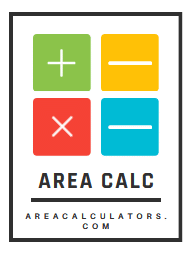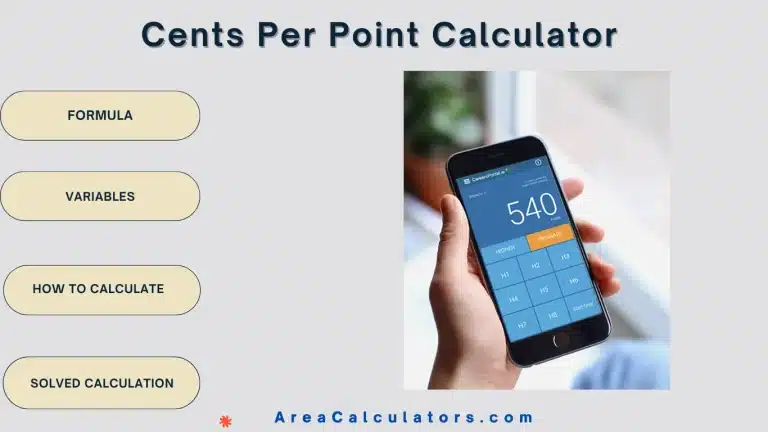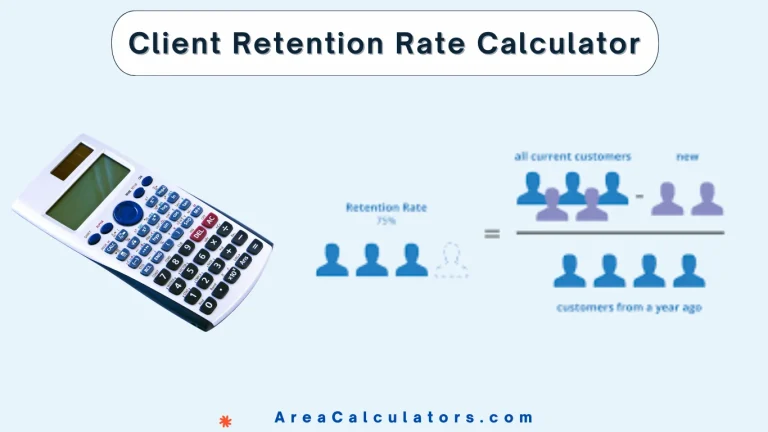To estimate blood pressure based on height and weight, multiply the weight by 1.5, add the result to half of the height, and then subtract 120. This will give you an approximate value for blood pressure.
The Blood Pressure by Height and Weight Calculator is a simple tool that estimates blood pressure based on a person's body measurements. By using height and weight, the calculator provides an approximation of blood pressure, which can help track health trends over time.

Formula:
Where:
- BP = Estimated Blood Pressure
- W = Weight (in kg)
- H = Height (in cm)
| Variable | Description |
|---|---|
| BP | Blood Pressure (mmHg) |
| W | Weight (in kilograms) |
| H | Height (in centimeters) |
Example Calculation:
Let’s assume the Weight (W) is 70 kg and the Height (H) is 170 cm.
Using the formula:
So, the estimated blood pressure is 70 mmHg.
| Step | Calculation | Result |
|---|---|---|
| 1 | Multiply Weight by 1.5 | |
| 2 | Multiply Height by 0.5 | |
| 3 | Add the results of Step 1 and Step 2 | |
| 4 | Subtract 120 from the total | mmHg |
What is Blood Pressure Calculator by Height and Weight :
A Blood Pressure by Height and Weight Calculator helps estimate whether an individual's blood pressure falls within the normal range based on their height, weight, and sometimes age.
While blood pressure is influenced by several factors, such as age, weight, and fitness level, there isn't a direct formula that calculates blood pressure based solely on height and weight. However, these factors can indicate potential risks for high or low blood pressure.
For instance, weight is a significant factor; higher body weight often leads to higher blood pressure. Similarly, age can also influence blood pressure, as blood vessels stiffen over time, causing an increase. While height doesn't directly correlate to blood pressure, taller individuals may have slightly lower readings due to better blood flow dynamics.
Here’s a general approach to assessing blood pressure:
- Normal blood pressure is around 120/80 mmHg for most adults.
- Higher readings (above 140/90 mmHg) could indicate hypertension, while lower readings (below 90/60 mmHg) may indicate hypotension.
To better understand your blood pressure based on age, weight, and overall health, you can use tools like a blood pressure chart by weight, a blood pressure calculator by age, or a 7-day average blood pressure calculator.
These tools provide insights by tracking blood pressure trends over time and adjusting for factors like fitness and body size. Online blood pressure checker tools can also give quick assessments, helping you manage and monitor your heart health effectively.






